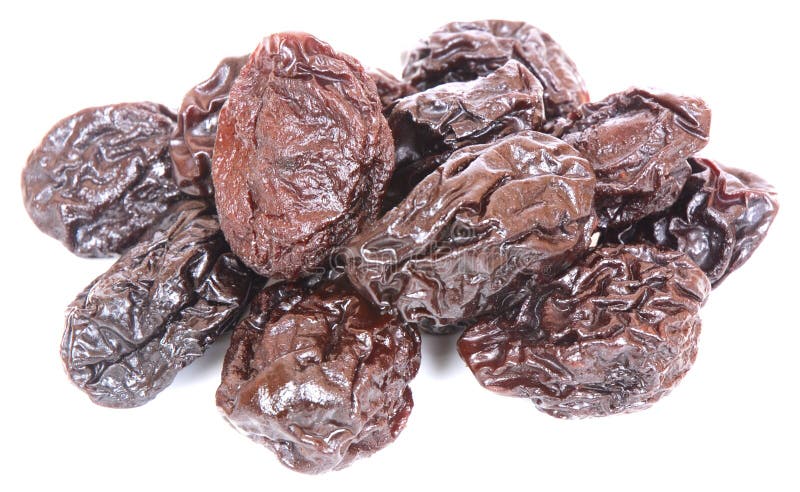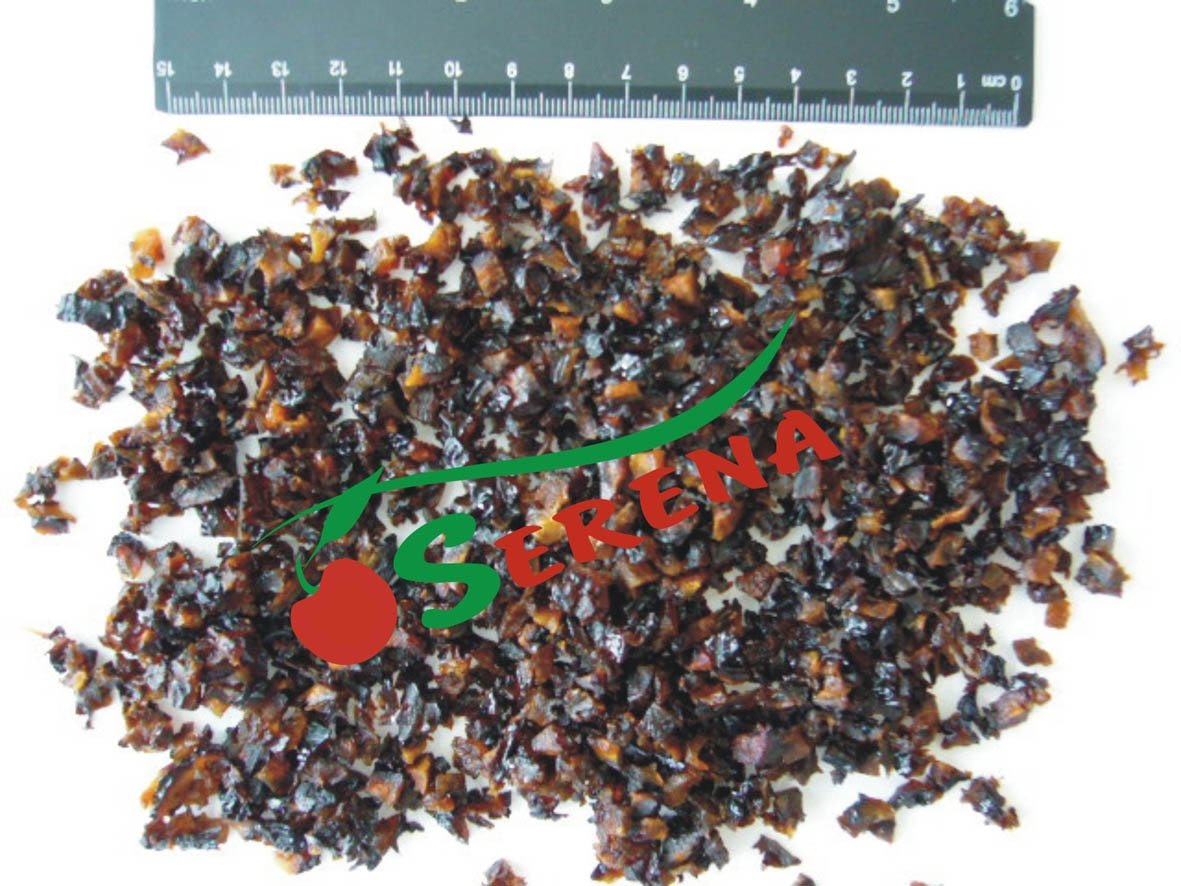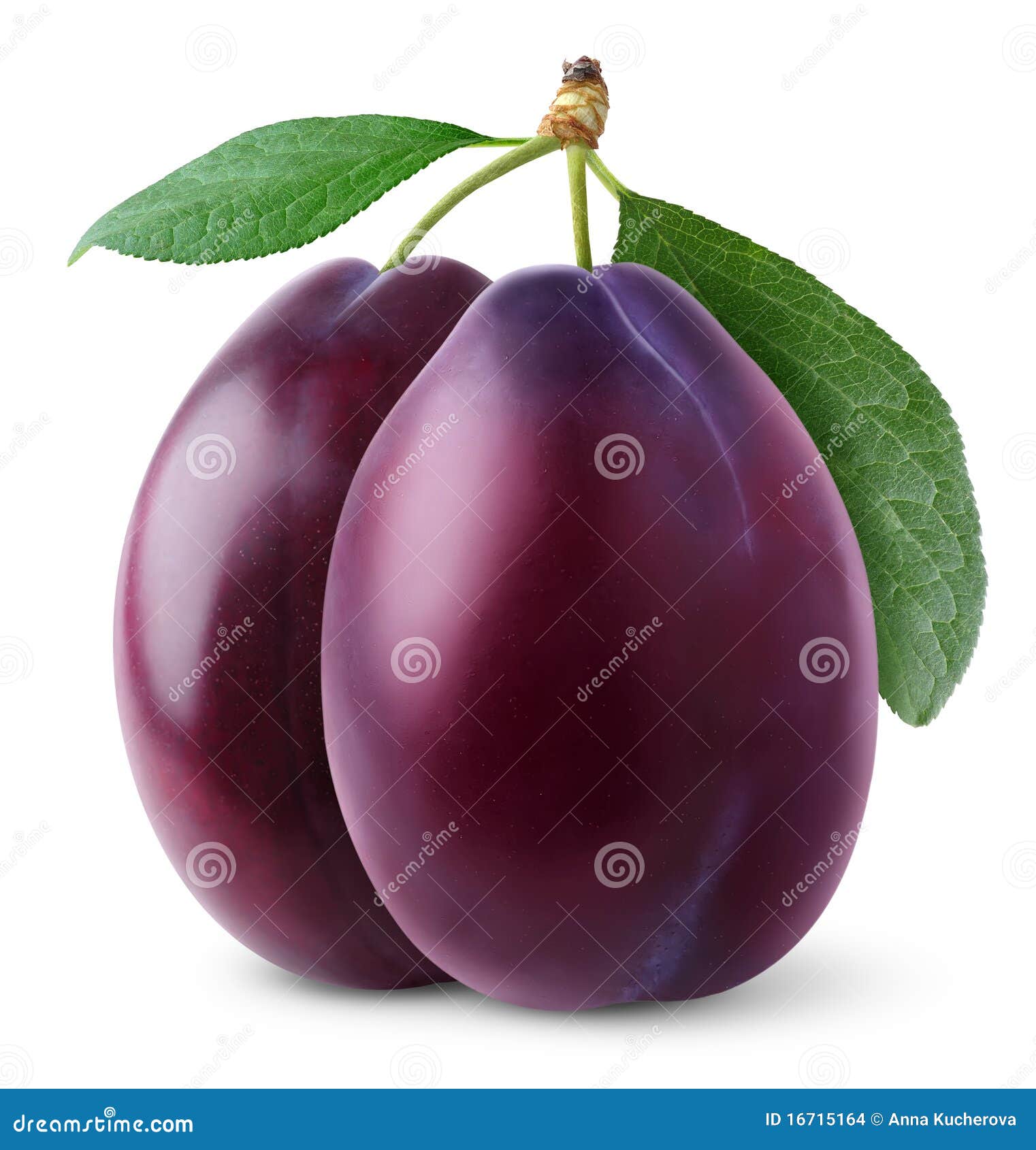

When plaque builds up in your arteries, it can cause atherosclerosis, a narrowing of the arteries. Fat and cholesterol can collect in your arteries to form a substance called plaque. While prune juice does not contain the same amount of beneficial fiber as the whole fruit, it still retains some fiber and many of the vitamins and minerals that the whole fruit provides. The recommended fiber intake for men and women over 50 is less, at 30 g and 21 g respectively. It is recommended that women under 50 get 25 grams of fiber each day, and men under 50 get 38 grams. A serving size of six prunes has 4 grams of dietary fiber, and 1/2 cup contains 6.2 grams. Ask your doctor if it’s right for you or your child. Prune juice acts as a laxative thanks to its high sorbitol content. Chronic constipation is a common problem in older adults and can also be a painful problem for infants. Prunes are high in fiber, which helps prevent hemorrhoids brought on by constipation.

Therefore prunes are recommended for the prevention of osteoporosis, and for the symptomatic relief of osteoporosis in postmenopausal women. Boron is a substance which is very important for bone health. Prunes contain boron at high concentration.

They are not absorbed, but instead remain in the intestine, where they absorb water and thus accelerate digestion. Dietary fibre is good for the digestive system. Furthermore, prunes contain large amounts of dietary fibre. The recommended daily dose in such cases is approximately 100 grams. So prunes are recommended for constipation and haemorrhoids. Furthermore, prunes are a good source of vitamins A and K. Antioxidants protect cells from free radicals, the cause of many diseases and disorders. Prunes are among the best sources of antioxidants.


 0 kommentar(er)
0 kommentar(er)
